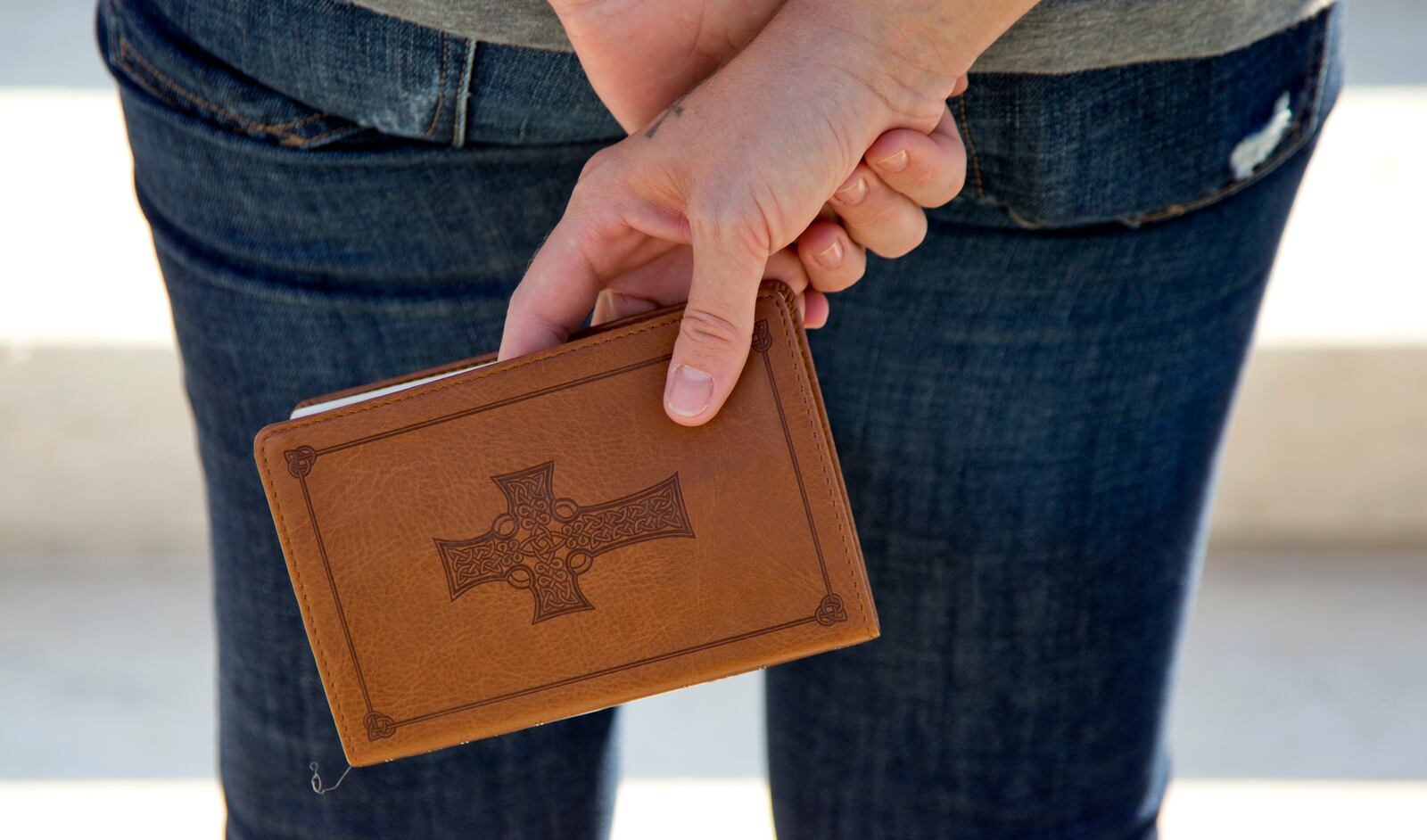Many conservatives and religious organizations applauded the U.S. Supreme Court’s decision Thursday that effectively lifts the city of Philadelphia’s ban on placing foster children through Catholic Social Services. Indeed, there is much to like about the unanimous ruling, and about the notion that a city cannot unfairly require a religious organization to change its beliefs in order to continue a centuries old practice of caring for children in need.
The idea of a government trying to coerce a change in religious beliefs is abhorrent. The court’s unanimity sends a powerful message.
But the ruling was far from a satisfactory, final word in the simmering battle between the First Amendment’s religious “free exercise” clause and the laws and ordinances designed to protect LGTBQ rights. The intersection of those interests is bound to attract many more collisions.
The court ruled that Philadelphia may not discriminate against the Catholic agency because of its policy of not placing children with either unmarried or same-sex couples. But its decision hinged on the language of the city’s standard contract, which allows a city official the authority to make individual exceptions to city policies.
“This inclusion of a mechanism for entirely discretionary exceptions renders the non-discrimination provision not generally applicable,” the court’s opinion, written by Chief Justice John G. Roberts, said.
In other words, if the contract provides for exceptions, it isn’t legal for the city to impose a no-exception rule on Catholic Social Services.
But as a concurring opinion by Justice Samuel Alito, and joined by justices Clarence Thomas and Neil Gorsuch, said, the city could easily sidestep this ruling by erasing the clause, which it apparently never has exercised, from its contracts.
“This decision might as well be written on the dissolving paper sold in magic shops,” Alito wrote.
He provided a list of other major cities with similar policies that exempt Catholic charities from placing adoptions, but that do not necessarily contain language similar to Philadelphia’s in their contracts concerning exceptions.
“Not only is the Court’s decision unlikely to resolve the present dispute, it provides no guidance regarding similar controversies in other jurisdictions,” he wrote.
Indeed, this culture-war battle is far from over. The court has sent a clear message that it won’t tolerate the unequal treatment of churches or religiously affiliated organizations, which is good, but it declined to attack the source of so many of these troubles.
That would be a 1990 ruling known as Employment Division v. Smith. In it, the court ruled there was no constitutional right to allow exemptions, for religious reasons, to any neutral and generally applicable law. Lower courts cited this decision in rejecting the claims of Catholic Social Services before Thursday’s Supreme Court decision.
Alito said the First Amendment’s clear language, which bars Congress from passing laws “prohibiting the free exercise” of religion, “is a far cry from the interpretation adopted in Smith.”
The court is likely to face further challenges to that 1990 ruling as other religious discrimination cases arise.
In the meantime, Americans should celebrate a ruling that recognizes Catholic Social Services can, at least for now, remain true to its core beliefs, and that it “does not seek to impose those beliefs on anyone else,” as Roberts wrote.
Just don’t think it is the final word.
